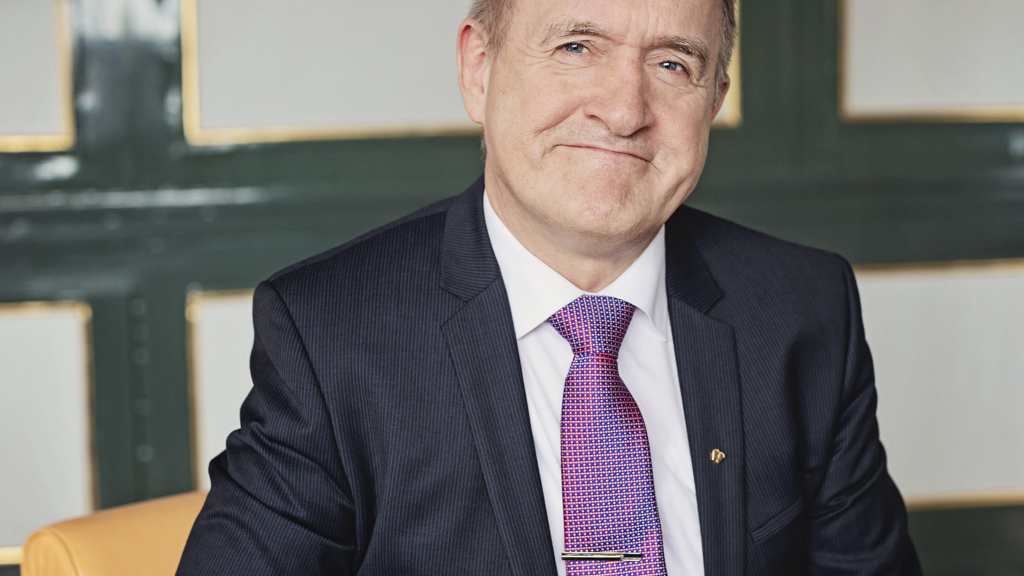Faroese Foreign Minister welcomes improvements in market access to the EU, but calls for a more dynamic relationship

Faroese and European Union delegations agreed at their recent Joint Committee meeting, held in the Faroe Islands, to recommend a number of amendments to further enhance trading relations, after 12 years without any substantial changes to the bilateral trade agreement.
Preserved and frozen sprat from the Faroe Islands will now be added to the list of goods that may be exported to the EU free of duty. Faroese production of this locally fished species has already established a reputation on the EU seafood market for its high quality.
According to existing trade arrangements, Faroese fish feed exported tariff free to the EU must not contain any added gluten. Gluten is a common ingredient in all fish feed production today. The restriction imposed by the EU, which has been a barrier to Faroese export to the EU, will now be removed.
The EU will now be able to export 40 tonnes of sheep meat and sheep meat products to the Faroe Islands free of duty. This limitation will extend to 80 tonnes after 3 years. The EU exported 36 tonnes of sheep meat to the Faroe Islands in 2018, with an import tariff of 10%.
The recommendations made by the Joint Committee will be submitted for formal adoption in EU and the Faroe Islands. The changes are expected to come into effect in the spring of 2020.
Minister of Foreign Affairs and Culture, Jenis av Rana, welcomed the progress made between his officials and the EU trade delegation. At the same time, he underlined the need for a fundamental overhaul of existing trade arrangements with the EU, as well as a modernisation of bilateral relations with the EU in general.
“I am very pleased that we have finally managed to agree on these important changes in the trade agreement. We look forward to continuing the dialogue to strengthen our overall relationship with the EU and, not least, to develop a more modern and dynamic trade relationship,“ said Minister av Rana.
“Over the past years it has become increasingly clear that our present trade agreement with the EU has serious shortcomings. While most unprocessed and semi-processed fish from the Faroe Islands has duty free access to the EU market, this is not the case for processed, value-added seafood products. Adding new product lines requires lengthy negotiations and months of formal adoption procedures within the EU. This creates a major disincentive for the Faroese industry to invest in new developments.“
“The Faroe Islands are promoting innovation in seafood production and growth in our blue bio-economy. We do not want to remain just a provider of raw produce for the EU processing sector. Access to the EU market should be fully liberalised for all Faroese seafood products, just as the EU has done recently in its new trade agreements with Canada and Japan. Ensuring long-term sustainable fisheries and blue growth is key to the future development of the Faroese economy and society. We share and jointly manage with the EU some of the most valuable fish stocks in our region. Getting more out of our natural resources is a goal we can advance together with the EU through a more liberal approach to trade in seafood on the European market.”
A joint summary of the Committee’s conclusions can be found here.
